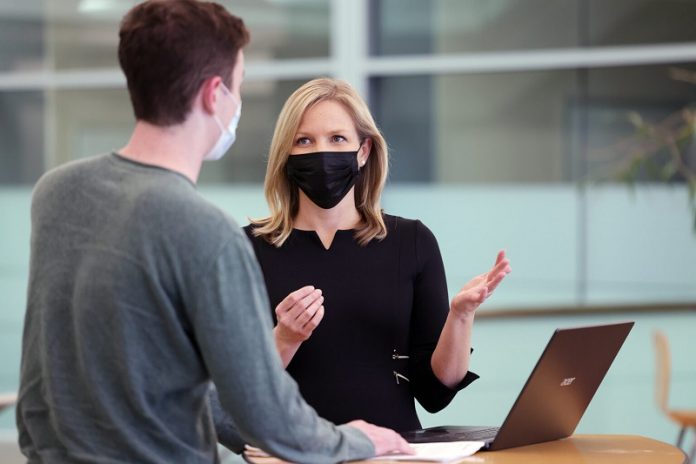
In a new study from the University of Michigan, researchers found that genetics play an important role in how our bodies respond to vaccines and booster shots.
This suggests that certain protective responses elicited by vaccination could be more effective with personalization.
Researchers also find a particular form of an antibody-related gene that predicts, at a population level, whether boosting to produce more antibodies will be effective for increasing innate immune responses.
In the current study, researchers created a computer model to determine how different genetic factors influence innate immune responses induced by vaccine boosting.
It uses data and plasma samples obtained by the University of Melbourne from the only moderately protective HIV vaccine trial to date.
The plasma samples from trial participants—basically blood samples minus the red blood cells—showed the amount and type of antibodies produced after vaccination.
The study aims to find out how people may respond differently to conventional boosting, which reexposes the immune system to the virus (or some portion of it) to increase antibody concentration.
However, in some people, the increase in antibody concentration may not matter as much because their genes encode for immune receptors that aren’t as good at sticking to the antibodies—they’re said to have a lower affinity.
As a result, a person can have a respectable antibody count and still have a poor immune response.
So one theoretical alternate immune-boosting route could be to design vaccines that tweak the structure of the antibodies—making those antibodies more likely to stick to a person’s immune cell receptors.
The findings suggest that depending on your genetic background, vaccine boosting may be more or less effective in activating certain innate immune functions.
In some people, where boosting the concentrations of antibodies was ineffective, being able to change the affinity of antibodies could be the more successful route.
Researchers note that this is still a theoretical concept and not yet possible in practice.
If you care about COVID, please read studies that 40% of COVID-19 survivors have a new disability, and COVID-19 booster shots prompt stronger, longer protection than original shots.
For more information about health, please see recent studies about what happens to our immune systems when we get a booster, and results showing new nasal spray booster keeps COVID-19 at bay.
The study was conducted by Kelly B. Arnoldet al., and published in Front. Immunol.
Copyright © 2022 Knowridge Science Report. All rights reserved.



